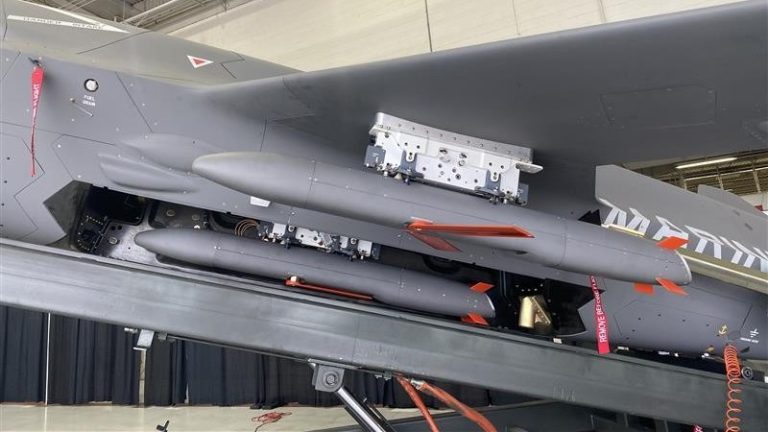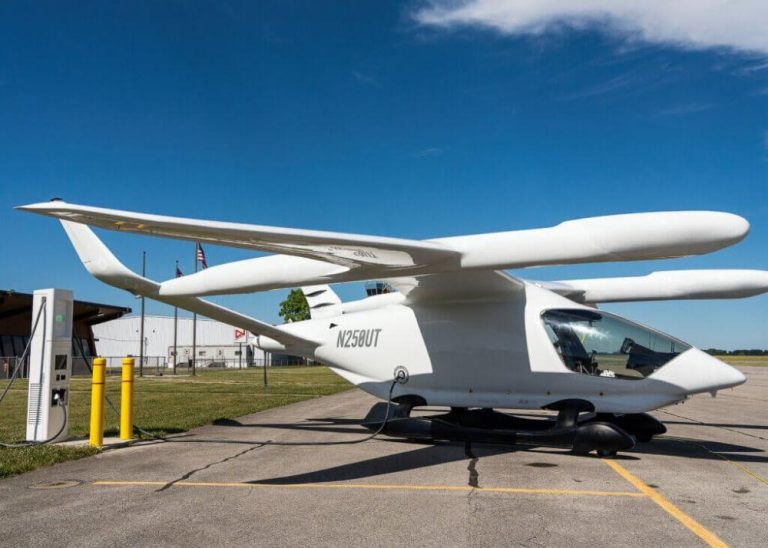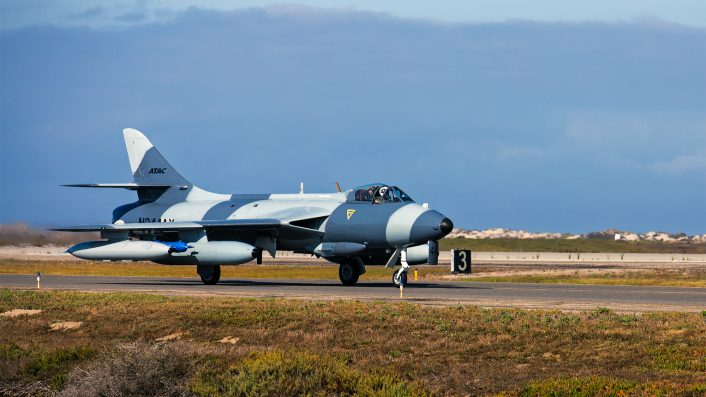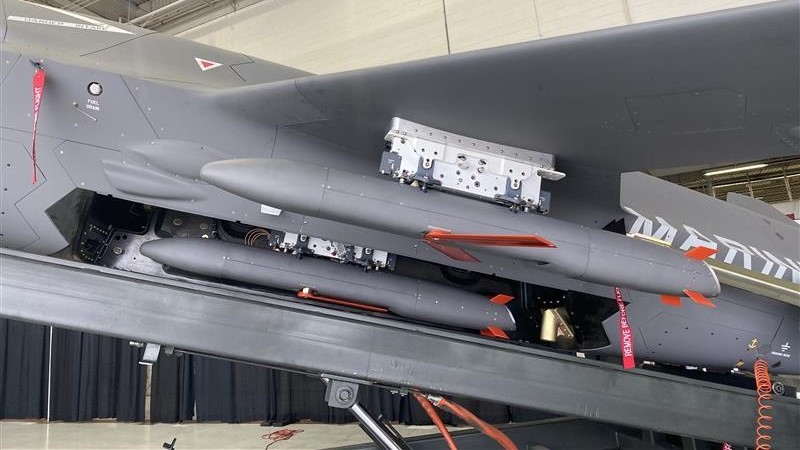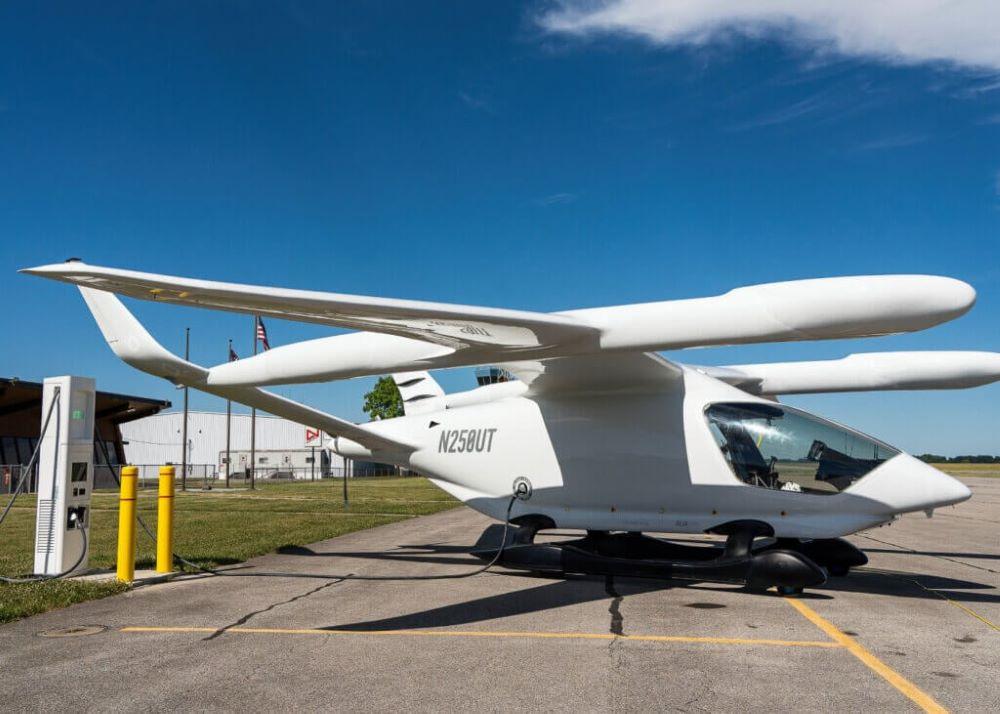Iberia is deepening its presence in the Latin America and Caribbean market with plans to launch nonstop service between Madrid and Monterrey in June 2026, marking its second destination in Mexico.
The Spanish flag carrier will begin operating the 5,401-mi. (4,693-nm) route linking Adolfo Suárez Madrid-Barajas Airport and Monterrey Mariano Escobedo International Airport on June 2, 2026, with three flights per week using Airbus A330-200 aircraft.
“We are reinforcing our commitment to such an important, strategic and beloved market as Mexico,” says María Jesús López Solás, Iberia’s director of sales, customers, network and alliances. “This, combined with the three daily flights we operate to Mexico City, will allow us to offer more than 800,000 seats connecting both countries, a historic figure in the long history between Iberia and the Mexican market.”
According to OAG Schedules Analyser data, Iberia was the largest provider of capacity on routes between Europe and Latin America and the Caribbean during the summer 2025 season, offering 3.16 million two-way seats—up 13% since 2019—and holding a 13.7% market share. This includes Level-operated flights from Barcelona. Air France ranked second with 11.1%, followed by Air Europa (8.2%), LATAM Airlines Group (7.2%) and KLM (6.7%).
The addition of Monterrey represents a strategic move into northern Mexico, one of the country’s wealthiest industrial regions. The city has become an emerging gateway for both business and leisure travel, supported by strong corporate demand and growing international connectivity.
Sabre Market Intelligence data shows that Monterrey-Madrid two-way traffic totaled about 122,900 passengers in 2024, up 69% year-on-year. Approximately 74% of that demand was point-to-point, suggesting strong local interest in nonstop service. The wider Monterrey-Europe market totaled 269,000 passengers last year, with 108,000 traveling on nonstop flights.
Iberia will compete directly with Aeromexico, which operates daily Monterrey-Madrid flights during the summer and reduces to four or five weekly services in winter using Boeing 787-8 and -9 aircraft. Aeromexico currently offers around 3,700 two-way seats on the route.
In the overall Mexico-Europe market, Aeromexico has a 27.9% share during summer 2025, followed by Iberia at 12.5% and TUI Airways at 9.3%. Within the Mexico–Spain segment, Aeromexico holds 37.7% of nonstop capacity, and Iberia has 32.2%.
With the new route, Iberia will offer more than 800,000 seats between Mexico and Europe in 2026, the largest volume ever. That includes more than 770,000 seats between Madrid and Mexico City, operated 3X-daily with A350s, and an additional 40,000 seasonal seats on the Monterrey route from June to October. The service is expected to extend into the winter season.
The expansion continues Iberia’s focus on consolidating its position in Latin America while adding secondary destinations. This winter, it will launch two new routes to Brazil—Recife and Fortaleza—using A321XLR aircraft, expanding competition with TAP Air Portugal in northeastern Brazil.
Iberia—including sister airline Level—operates 18 destinations across 16 countries in Latin America and the Caribbean, with Buenos Aires, Mexico City and Bogota its top three points by capacity. The airline offered more than 350 weekly flights across the region during summer 2025, up from 330 in 2024.
Speaking to Aviation Week on Sept. 30, CCO Beatriz Guillén said Iberia remains vigilant as competition in Latin America intensifies. “Everyone is really focused to capture this profitable market, and we have to be on top of everything, acting proactively,” she explained. “We can’t stop thinking about new ways to do things. We are watching very closely what [other airlines] are doing, and we’re trying to be able to catch up if we see something arising.”
Guillén added that Iberia is considering further expansion into secondary cities, including Guadalajara in Mexico and new destinations in Argentina and Colombia. “Those places for me are relevant,” she said. “And there are those cities where we do not fly daily today, like to Panama City. In terms of traffic rights [to Latin America], we have no issue with it.”
Alongside Iberia’s Latin American network, fellow International Airlines Group carrier British Airways serves 21 points in the Latin America and Caribbean region, while Aer Lingus will resume Manchester-Barbado service on Oct. 28.

